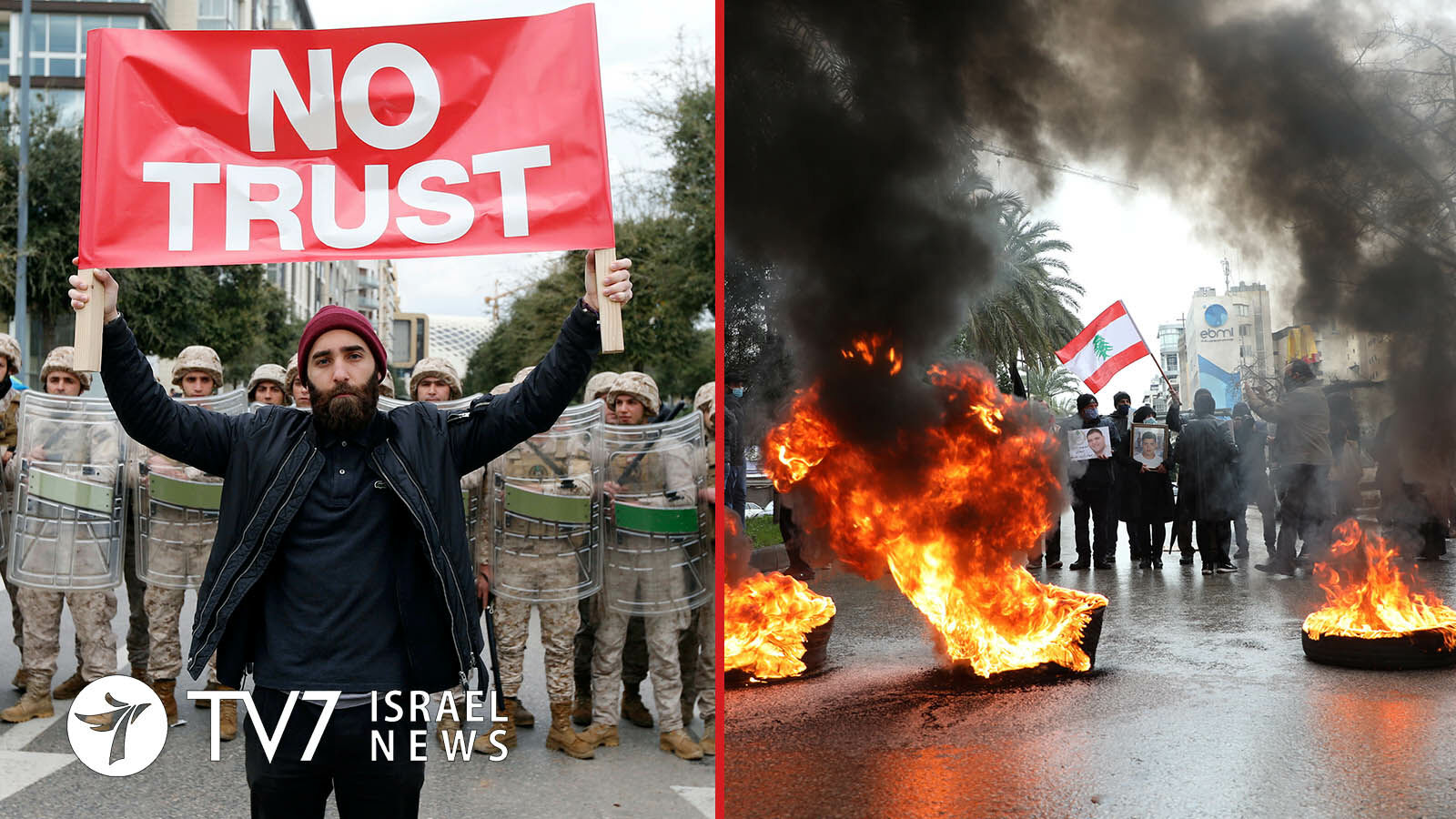During a visit to Beirut, Archbishop Paul Gallagher criticized Lebanon’s politicians and called for an end to “the few profiting of the suffering of many” in the devastating financial crisis that has plunged most of the country into poverty.
By Erin Viner
“No more letting half-truth continue to frustrate people’s aspirations,” the Vatican envoy added.
The Archbishop’s comments come just one week after the World Bank slammed the Lebanese ruling class.
“Lebanon’s deliberate depression is orchestrated by the country’s elite that has long captured the state and lived off its economic rents,” said the global lender in a press release attached to a dismal report on the nation’s economy, charging that those in power continue to abuse their positions despite public suffering possibly one of the three biggest financial crashes globally since the 1850s.
The financial crisis in Lebanon began in 2019 when the country’s financial system collapsed under colossal state debts amid allegations of deep-rooted political corruption.
While some leaders have acknowledged the existence of corruption, none has assumed individual responsibility.
Archbishop Gallagher also cautioned against outside interference in the country, saying pointedly, “Stop using Lebanon and the Middle East for outside interest and profit.”
While he made no direct mention of the Iran-backed, Lebanon-based Hezbollah terror group, his statement comes amid Beirut’s efforts to thaw ties with Gulf countries – which once spent billions of dollars in the Arab Republic but withdrew after entrance of the powerful armed Shi’ite Muslim group into politics.
Hezbollah, which was founded by Iran’s Islamic Revolutionary Guards Corps (IRGC), today holds majority membership in Lebanon’s parliament. It is also supplied with more weaponry than the national armed forces, and supports Iran in its regional struggle for influence with United States-allied Gulf Arab states.
Gulf Arab states have accused Hezbollah of helping the Iran-aligned Houthi Islamist insurgents in Yemen who are fighting a Saudi-led coalition.
“The Lebanese people must be given the opportunity to be the architects for a better future in their land without undue interference,” Archbishop Gallagher said after meeting with President Michel Aoun, a Christian ally to Hezbollah, at the presidential palace in Baabda.
The Holy See has offered to host a dialogue between Lebanese political actors, if requested by all parties involved, the archbishop revealed, adding that Pope Francis would like to visit Lebanon in the near future.
A call last month by President Aoun for national dialogue on matters including defense was mostly ignored by Lebanese political parties; opting to wait for general elections slated to be held in May – when Hezbollah’s opponents are hoping to regain control.
Maronite Patriarch Cardinal Bechara Boutros Al-Rai, the most senior Christian cleric in Lebanon, has also been critical of Hezbollah; saying the Iranian proxy has harmed the country by dragging it into regional conflicts.
